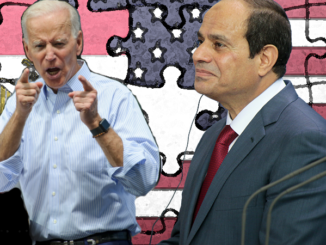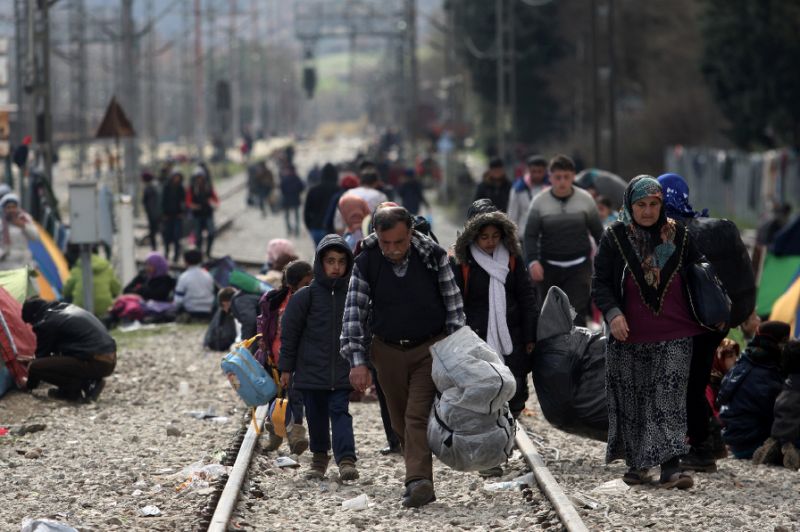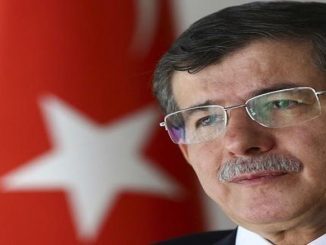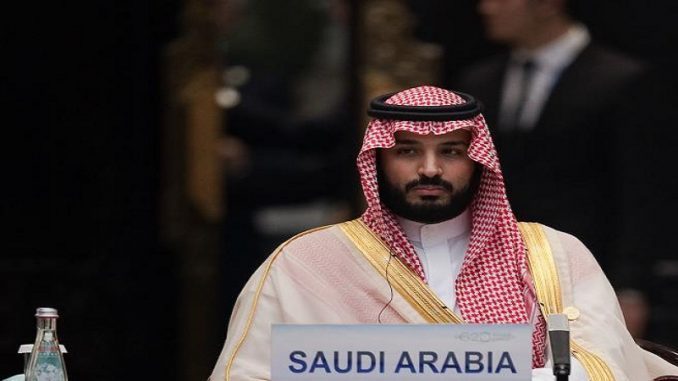
“Only Death” Will Stop Me From Ruling the kingdom, Mohammed bin Salman said in his first interview with an American television network, Mohammed bin Salman shared his thoughts on Iran, the humanitarian crisis in Yemen, his country’s troubled past and its hopeful future.
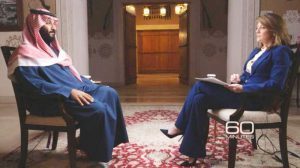
At 32 years old, Saudi Arabia’s Crown Prince Mohammed bin Salman is already the most dominant Arab leader in a generation. This week, he embarks on a cross-country American tour, where he’ll pitch his kingdom to a skeptical U.S. public. He was named heir to the throne nine months ago by his 82-year-old father, King Salman, who granted his son vast new powers.
The crown prince traces most of Saudi Arabia’s problems to the year 1979, when the Ayatollah Khomeini established an Islamic theocracy next door in Iran. The same year, religious extremists in Saudi Arabia took over Islam’s holiest site, the Grand Mosque in Mecca. In order to appease their own religious radicals, the Saudis began clamping down and segregating women from everyday life.
What was Saudi Arabia like before 1979?
Mohammed bin Salman: We were living a very normal life like the rest of the Gulf countries. Women were driving cars. There were movie theaters in Saudi Arabia. Women worked everywhere. We were just normal people developing like any other country in the world until the events of 1979.
Saudi women — who’ve been virtually invisible in public — have been given new rights, making it easier for them to start a business, join the military, and attend concerts and sporting events. In June, they will be able to get behind the wheel and drive.
CBSNews‘ Norah O’Donnell from You have said you are, “Taking Saudi Arabia back to what we were, a moderate Islam.” What does that mean?
Mohammed bin Salman: We have extremists who forbid mixing between the two sexes and are unable to differentiate between a man and a woman alone together and their being together in a workplace. Many of those ideas contradict the way of life during the time of the prophet and the Caliphs. This is the real example and the true model.
He has curbed the powers of the country’s so-called “religious police,” who until recently were able to arrest women for not covering up. And listen carefully to what he says is not part of Islamic Law.
Mohammed bin Salman: The laws are very clear and stipulated in the laws of Sharia: that women wear decent, respectful clothing, like men. This, however, does not particularly specify a black abaya or a black head cover. The decision is entirely left for women to decide what type of decent and respectful attire she chooses to wear.
What happened at the Ritz-Carlton?
Mohammed bin Salman: What we did in Saudi Arabia was extremely necessary. All actions taken were in accordance with existing and published laws.
Saudi Arabia Vs Iran
Among the prince’s official titles is “minister of defense.” And this is where his apparent fixation on Iran has led him into a quagmire in neighboring Yemen.
Mohammed bin Salman: The Iranian ideology penetrated some parts of Yemen. During that time, this militia was conducting military maneuvers right next to our borders and positioning missiles at our borders.
His response was to launch a bombing campaign that’s led to a humanitarian disaster, as we reported on 60 Minutes last fall. He says Iranian-backed rebels have used the country to fire missiles at Riyadh.
Mohammed bin Salman: I can’t imagine that the United States will accept one day to have a militia in Mexico launching missiles on Washington D.C., New York and LA while Americans are watching these missiles and doing nothing.
“Saudi Arabia does not want to acquire any nuclear bomb, but without a doubt, if Iran developed a nuclear bomb, we will follow suit as soon as possible.”, bin Salman said.
War in Yemen
The crown prince has also faced criticism for launching a deadly military offensive in Yemen.
In the 60 Minutes interview, the Saudi leader blamed Yemen’s Houthi rebel group for the humanitarian crisis that has engulfed the country since Riyadh launched its bombing campaign in 2015, saying Houthi fighters were blocking the delivery of aid.
But human rights groups have accused Saudi-led coalition forces of indiscriminately bombing civilians and critical infrastructure such as hospitals and schools in what may amount to war crimes.
More than two million Yemenis have been displaced and 10,000 others have been killed in the war, which shows no signs of abating.
“I can’t imagine that the United States will accept one day to have a militia in Mexico launching missiles on Washington, DC, New York and LA while Americans are watching these missiles and doing nothing,” bin Salman said.
Human rights
Bin Salman also blamed the social problems and shift towards conservatism in Saudi Arabia on the Islamic Revolution in Iran.
“We were just normal people developing like any other country in the world until the events of 1979,” he said.
Asked about human rights violations in the kingdom, he said Saudi Arabia “believes in many of the principles of human rights”.
“In fact, we believe in the notion of human rights, but ultimately Saudi standards are not the same as American standards. I don’t want to say that we don’t have shortcomings. We certainly do. But naturally, we are working to mend these shortcomings.”
He added that “absolutely” women and men are equal in the country.
“We are all human beings and there is no difference,” he said.
While the crown prince has moved to ease restrictions on women in the country, leading female academics from Saudi Arabia have previously described the moves as an effort to bolster support to help lift its ailing economy.
Many have called for more comprehensive changes to the kingdom’s “guardianship system”.
Bin Salman is expected meet US President Donald Trump and members of his administration, as well as business and financial leaders in New York, Silicon Valley and elsewhere.

